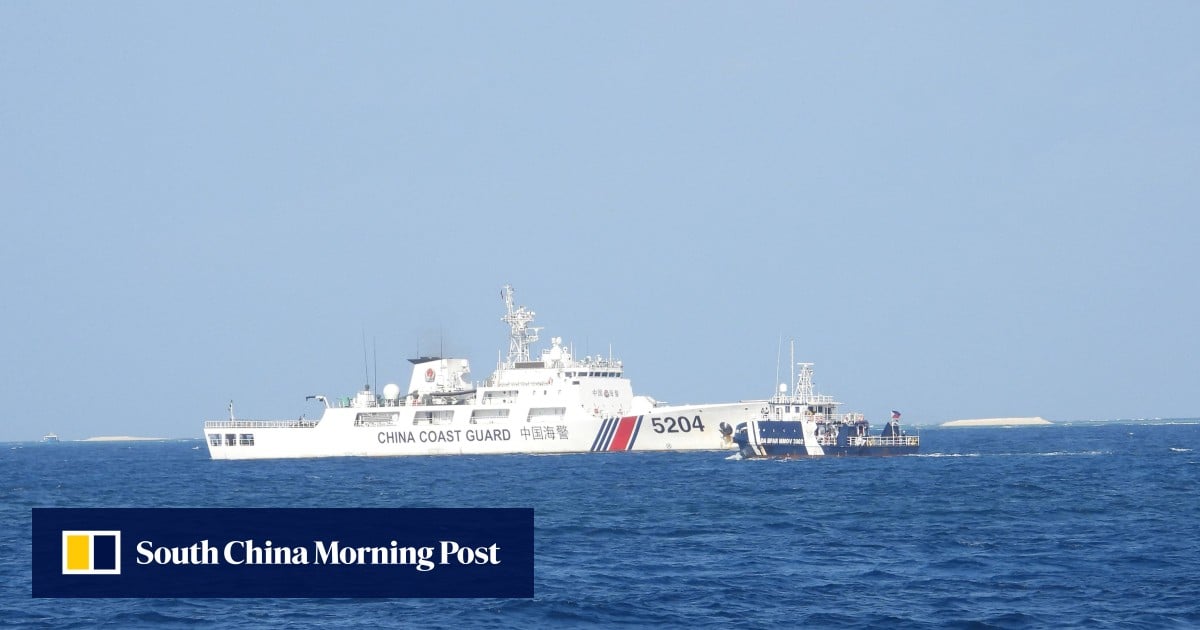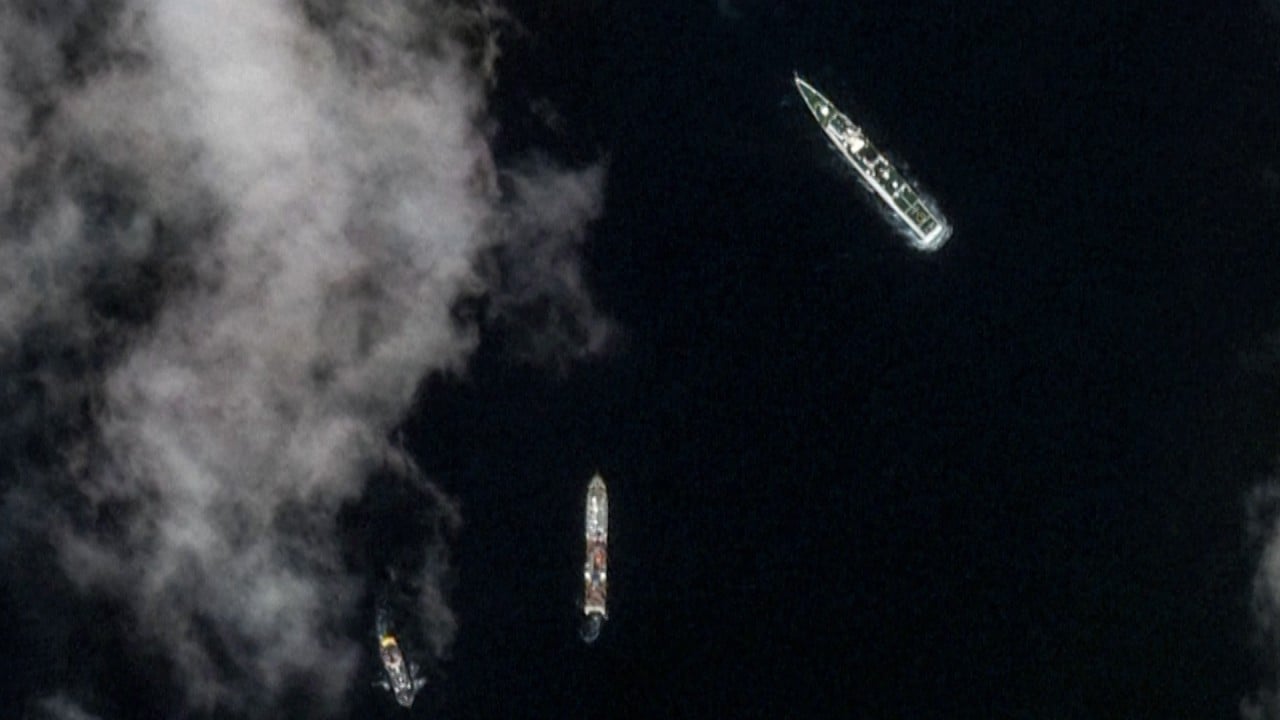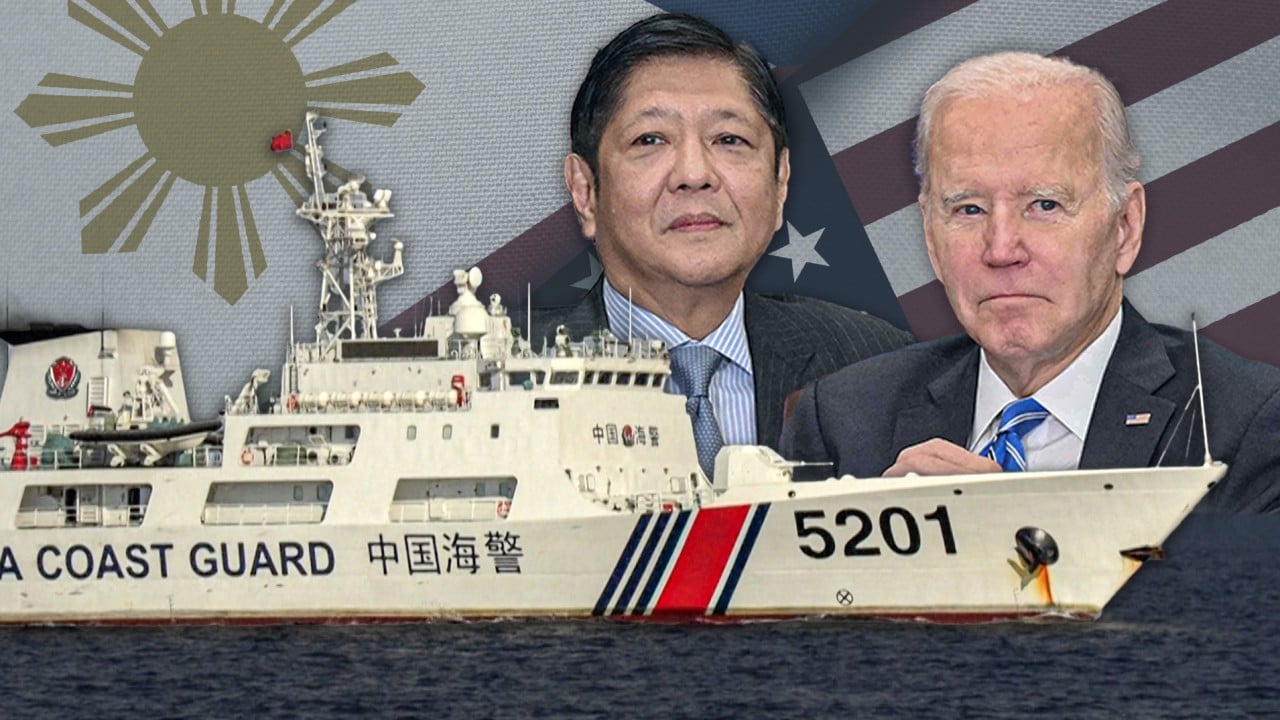“What President Marcos is doing is simply saying, ‘enough is enough’. We are going to talk to you seriously. We are not here because we want to have a conflict. We are not here because we are looking for a fight. We are the ones that are being aggressively bullied,” he added.
Manila is locked in an escalating territorial dispute with Beijing in the South China Sea.
Don McLain Gill, a geopolitical analyst and lecturer at the Department of International Studies of De La Salle University, told This Week in Asia that Marcos Jnr had from the beginning highlighted his administration had to be friends with China, but Beijing was “saying one thing and doing [another]”.
Romualdez had said the government was finding ways to de-escalate the maritime tension, emphasising his side had already started a conversation with the Chinese government, but if the situation in the waterway worsened, he warned that the United States would not back down on its word to support the Philippines.
“I am very comfortable with that because every single day that I am in Washington and every meeting that I have, it is a serious concern. I have never seen this kind of attention being given to this type of situation that we are in right now,” he added.
The Chinese embassy in Manila made no comments on the latest development.
Asked if the Marcos Jnr administration was serious in its foreign policies towards China or if its stance was only part of political strategy, Filipino military historian and defence analyst Jose Antonio Custodio told This Week in Asia he perceived it as a mixed measure.
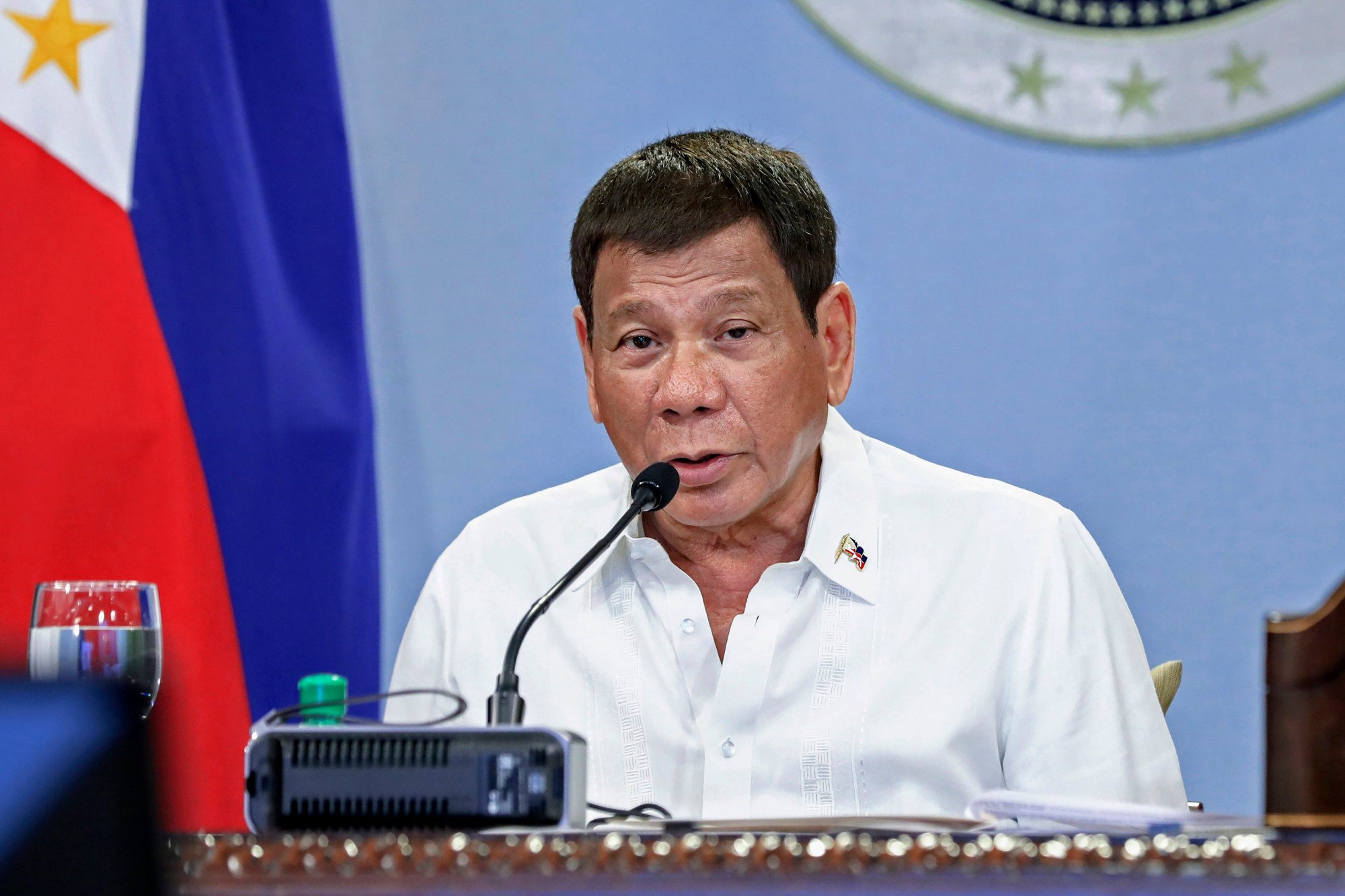
‘Subplot’ against the Dutertes
Custodio, however, said the central government’s strong stance pertaining to the West Philippine Sea issue illustrated the multipronged threat of China’s external aggression against the Filipinos, including what he said were local puppets who lobbied and weakened Filipino resolve on behalf of Beijing.
“The Dutertes are on record to be directly responsible for the weakening of Philippine responses to China during the Duterte administration while cozying up to Beijing,” he said.
“So one wonders if this is only a Philippine pushback against China but also has a subplot which is the marginalisation of the Dutertes as well.”
Marcos ‘horrified’ by Xi-Duterte ‘gentleman’s agreement’ on South China Sea
Marcos ‘horrified’ by Xi-Duterte ‘gentleman’s agreement’ on South China Sea
At the same time, Custodio viewed Romualdez’s comments against Chinese actions as a warning to pro-China personalities in the country.
“That looks like a warning to the Duterte camp,” he said when asked if Romualdez’s latest comments reflected an alarmist Manila stance.
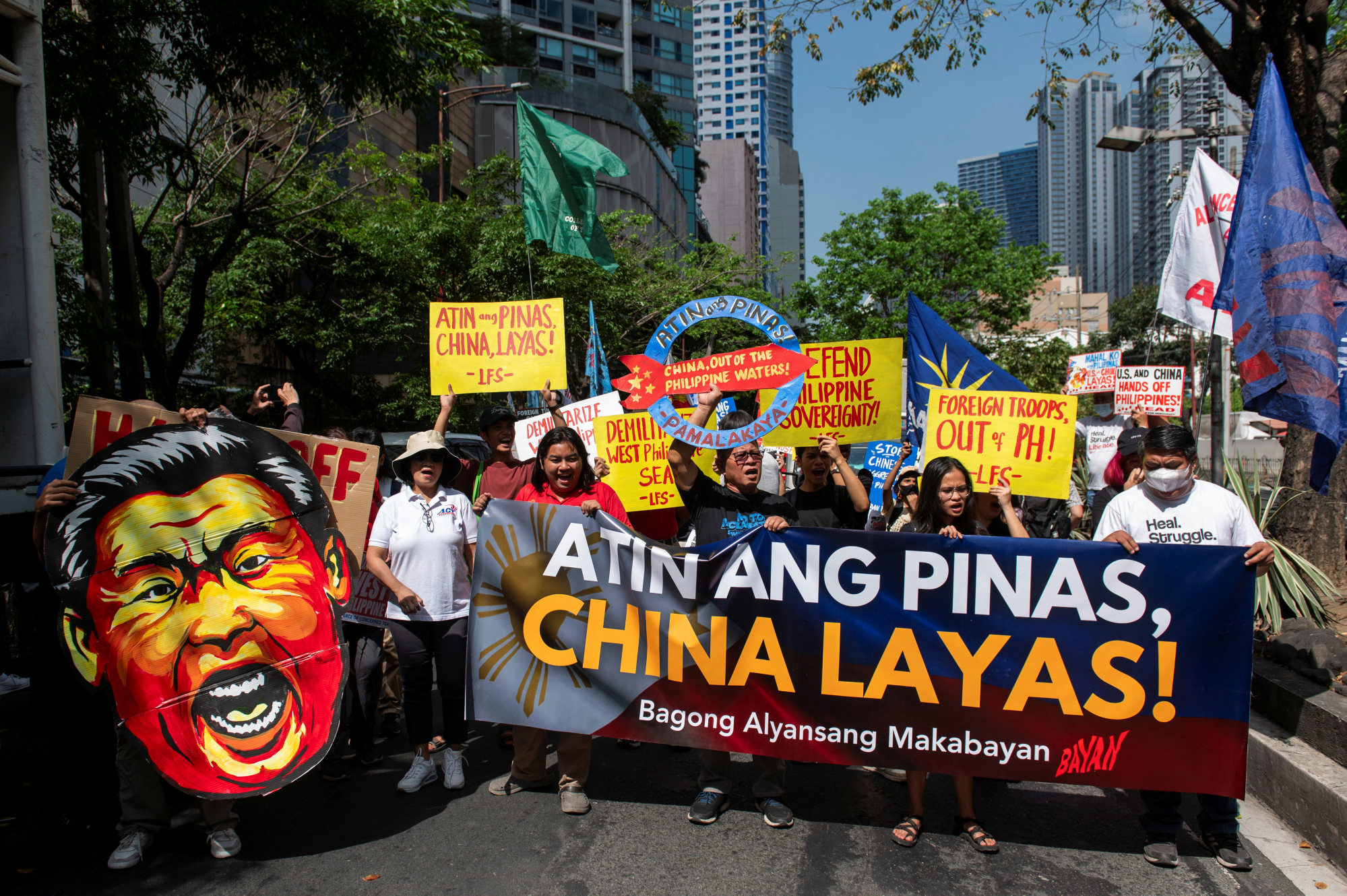
Marcos Jnr, in his first public pronouncement on Wednesday after the controversy came out last week, said he was “horrified” by the alleged deal.
“I am horrified at the idea that we have compromised through a secret agreement the territory, sovereignty, and sovereign rights of the Philippines. We don’t know anything about it; there is no documentation, there is no record,” Marcos Jnr said, following a Bagong Pilipinas Town Hall Meeting held in San Juan City in Manila.
Manila would summon Chinese Ambassador Huang Xilian to explain the details of the alleged deal, Marcos Jnr said, once he returned from his US trip.
Gill said at the heart of Marcos Jnr’s foreign policy was the country’s sovereignty and security rights based on international law.
“If such an agreement was actually made, then it will be a big provocation and challenge to our current strategy in the West Philippine Sea,” Gill told This Week in Asia.
“While these agreements have an effect on the narrative surrounding our current positions, I think this will also provide an opportunity for the government to double down on its efforts in the West Philippine Sea, but at the same time maintain an open channel of communication with China,” he added.
Meanwhile, left-wing group Bagong Alyansang Makabayan said it would hold a protest in Manila on Thursday to denounce the trilateral summit.
“Bayan warns that the summit will lead to recolonisation, militarisation, and war in the region,” said Mong Palatino, the group’s secretary general.
“It means more intensified foreign military build-up, installation of foreign military facilities, military exercises, and the use of the country’s territory as an extension of the US-led military network.”

